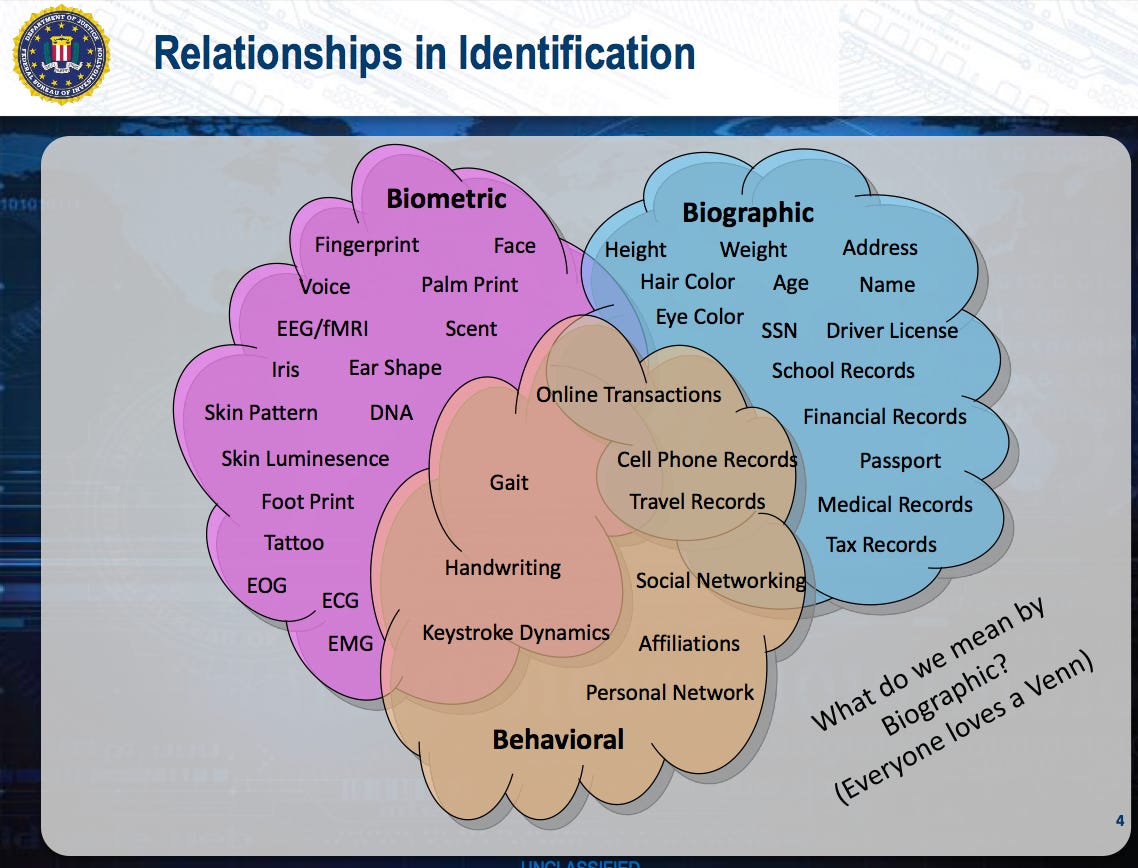Mass collection of Americans phone records violates the Fourth Amendment
ACLU staff attorney Alex Abdo: "Here's what it looks like to live in a society of mass surveillance.
Every time you place or receive a call, the government knows who you talked to, when the call started, and how long it lasted.
The government knows:
(1) every time you called your doctor, and which doctor you called;
(2) which family members you stay in touch with, and which you don't; and
(3) which pastor, rabbi, or imam you talked to, and for how long you spoke.
The government knows whether, how often, and precisely when you called the abortion clinic, the local Alcoholics Anonymous, your psychiatrist, your ex-boyfriend, a criminal-defense attorney, and the suicide hotline.
If you called someone today — by tomorrow morning, the government will have a record of that call.
It will keep that record for the next five years. And it is doing the same for every one of your calls, and for every one of the calls of millions of other Americans who have done nothing wrong."
Some say that mass collection of U.S. phone records is a gross invasion of privacy. Others say that it is necessary to keep us safe.
But what does the U.S Constitution say?
"The right of the people to be secure in their persons, houses, papers, and effects, against unreasonable searches and seizures, shall not be violated, and no Warrants shall issue, but upon probable cause, supported by Oath or affirmation, and particularly describing the place to be searched, and the persons or things to be seized."
Is collection of phone records a "search" or "seizure"?
If so, is it "unreasonable"?
Does it require a particularized warrant and probable cause?
Electronic mass surveillance – including the mass trawling of both metadata and content by the NSA– fails drastically in striking the correct balance between security and privacy that American officials and other proponents of surveillance insist they are maintaining.
A new report titled 'Surveillance: Ethical issues, legal limitations, and efficiency' shows how mass surveillance fails drastically.
The FBI's 'Biographic Entity Resolution' plan to destroy privacy:

The FBI isn't afraid to publicly admit that “data aggregation” is a central goal at the bureau’s IT department. They have so much data, and they are daily acquiring more and more kinds, but they don’t yet know exactly how to process it. Enter "identity resolution" and "record linkage."
According to an internal power point presentation, the FBI’s Data Aggregation Working Group (DAWG) is working to build a Data Aggregation Reference Architecture (DARA) that will “define a reference architecture that enables entity resolution and data correlation, and disambiguation across multiple data aggregation investments.” The goal is to “develop a reference architecture to support a consistent approach to data discovery and entity resolution and data correlation across disparate datasets.”
The FBI calls this process “resolving identities.” At a basic level, it will enable “the process of determining whether two or more references to real-world objects such as people (individuals), places, or things are referring to the same object or to different objects. This concept is sometimes referred to as Entity Correlation, Entity Disambiguation, or Record Linkage, and includes related concepts such as Identity Resolution.” It will also enable the creation of “identity maps”: “Complete enriched entity data that includes the linkage of relationships between people, places, things, and characteristics of data resulting from an entity resolution process.”
https://info.publicintelligence.net/FBI-BiographicResolution.pdf
Glenn Greenwald: Why privacy matters


